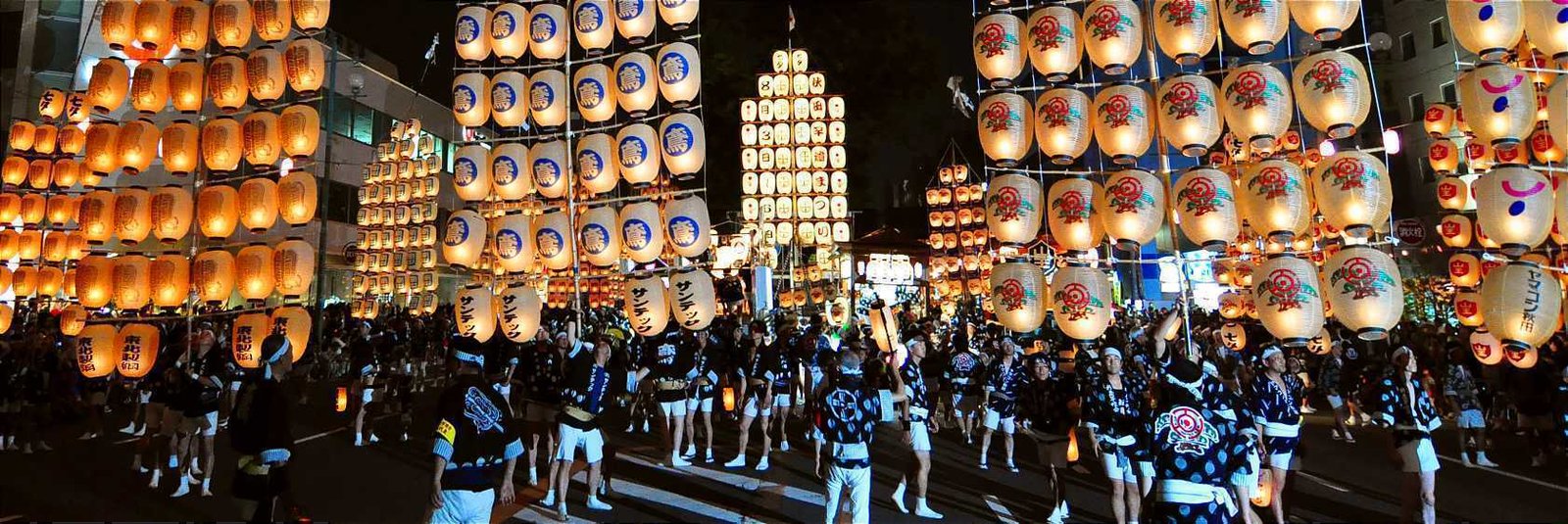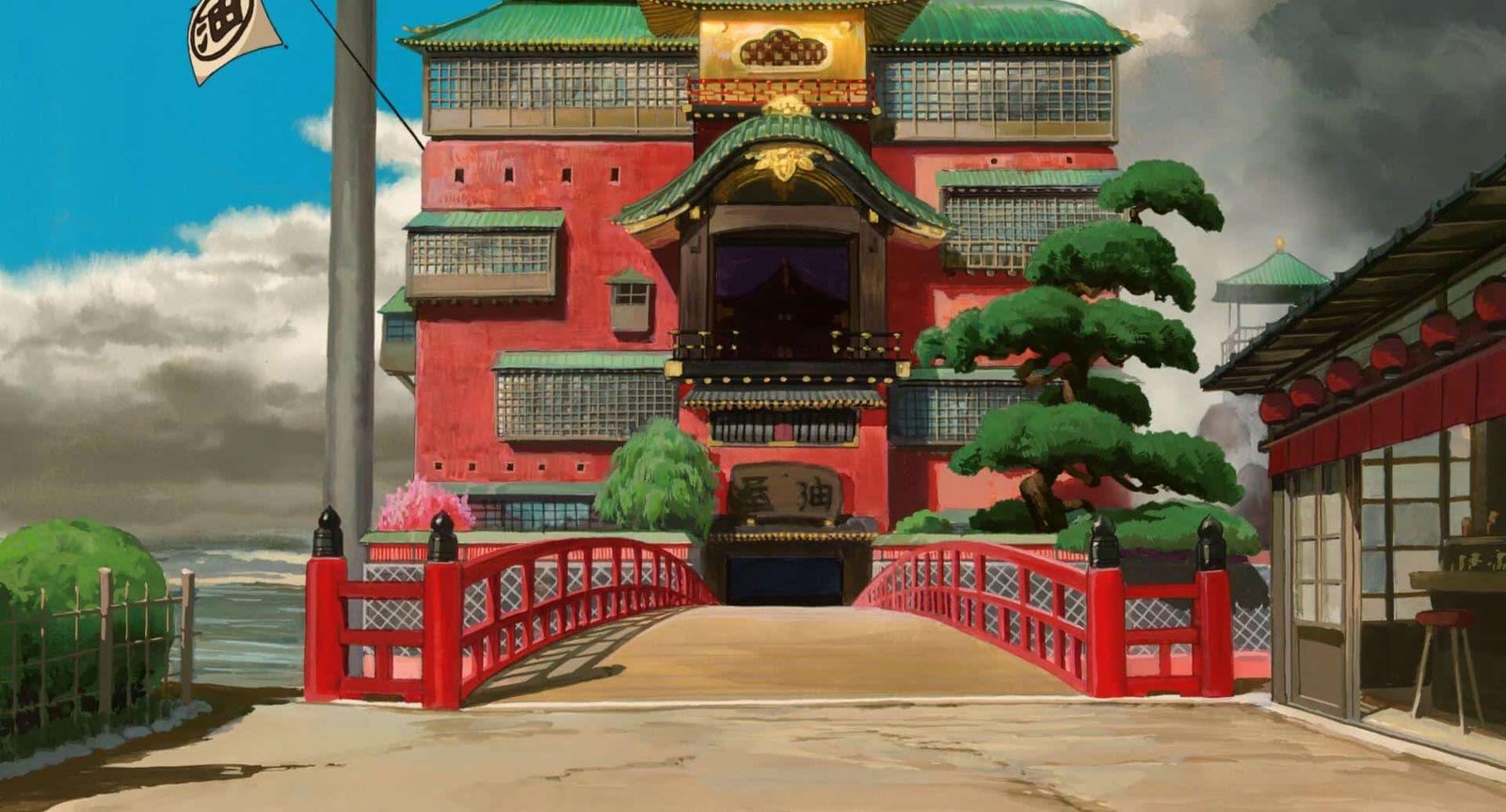Film festivals have played a vital role in shaping Japan’s cinematic landscape, not only by showcasing the diversity of its film industry but also by promoting cultural exchange and innovation. From the bustling metropolis of Tokyo to the cultural heart of Osaka, Japan’s film festivals have evolved into global platforms that celebrate both traditional and modern filmmaking. This article delves into the growth and significance of film festivals in Japan, exploring their impact on the local and global film industry.
1. Early Beginnings: The Birth of Japanese Film Festivals
The roots of film festivals in Japan can be traced back to the mid-20th century, when cinema began gaining global popularity. Japanese films were often showcased at international festivals, leading to a demand for local events that could highlight domestic talent. In 1954, the San Sebastián International Film Festival in Spain gave Japan its first major recognition, opening doors for domestic festivals.
2. The Rise of the Tokyo International Film Festival (TIFF)
Established in 1985, the Tokyo International Film Festival (TIFF) became Japan’s first major film event. Modeled after global festivals like Cannes and Venice, TIFF quickly gained recognition as a world-class platform for Asian cinema. Held annually in October, it attracted directors, actors, and cinephiles from around the globe.
- Focus on Japanese Cinema: TIFF put a spotlight on Japan’s rich cinematic history, featuring retrospectives on renowned directors like Akira Kurosawa and Yasujiro Ozu.
- Global Platform: Over time, TIFF evolved into a significant international festival, showcasing a variety of films from all over the world. It featured categories for Asian cinema, animation, and experimental films, helping to promote Japanese directors internationally.
3. Expansion of Regional Festivals: Osaka’s Role

While Tokyo became the focal point for international film events, Osaka gradually emerged as a key player in the Japanese film festival scene. The city’s vibrant culture and artistic heritage made it a natural hub for cinema.
- Osaka Asian Film Festival (OAFF): Launched in 2005, the OAFF quickly became a major event for filmmakers across Asia. Unlike TIFF, which focused on global cinema, OAFF emphasized the importance of regional films, giving voice to underrepresented Asian filmmakers.
- Innovative Programming: The Osaka festival became known for its focus on new talents and innovative storytelling. It often highlighted experimental films, documentaries, and smaller productions that didn’t get exposure in mainstream festivals.
4. The Role of Niche Film Festivals
Japan’s film festival landscape is not limited to large-scale events in Tokyo and Osaka. Over the years, a number of niche festivals have emerged, celebrating specific genres and cultural themes:
- Yubari International Fantastic Film Festival: Known for celebrating genre films such as horror, sci-fi, and fantasy, this festival in Hokkaido attracts cult audiences and filmmakers.
- Skip City International D-Cinema Festival: Held in Saitama, this festival focuses on digital cinema, promoting technological advancements in film production.
- Short Shorts Film Festival & Asia: Dedicated to short films, this Tokyo-based festival is a launchpad for up-and-coming directors.
5. Japanese Animation at Film Festivals
Japan’s unique contribution to global cinema through its animation industry cannot be ignored. Anime films, particularly those from Studio Ghibli, have been showcased at film festivals across Japan.
- Anime-Specific Festivals: While festivals like TIFF have sections dedicated to animation, standalone events such as the Tokyo Anime Award Festival further amplify the role of anime in Japan’s cinematic evolution.
- International Success: Films like Spirited Away and Your Name not only dominated local film festivals but also found success globally, solidifying Japan’s reputation as a hub for animation.
6. Film Festivals as Cultural Bridges
Japanese film festivals have also served as important cultural bridges between Japan and the rest of the world. Events such as TIFF and OAFF foster dialogue and collaboration between international filmmakers and the Japanese film industry.
- Co-Productions and Collaborations: Film festivals provide opportunities for Japanese directors to collaborate with international artists. Several co-productions have emerged as a result of festival networking.
- Promotion of Japanese Culture: Beyond just films, festivals often feature panel discussions, workshops, and exhibitions that promote Japanese culture, traditions, and societal issues.
7. The Impact of Technology and Digital Platforms
In recent years, Japanese film festivals have adapted to technological advancements and the rise of digital platforms. Online streaming and virtual reality have opened new avenues for filmmakers and audiences.
- Digital Screenings: Especially during the COVID-19 pandemic, many festivals like TIFF moved their events online, ensuring that films reached a global audience despite travel restrictions.
- Virtual Reality (VR) in Film: Film festivals in Japan have started incorporating VR and immersive experiences into their programming, showcasing how technology can enhance storytelling in cinema.
8. The Future of Film Festivals in Japan
Looking ahead, Japanese film festivals are poised to grow even further, with a renewed focus on inclusivity, sustainability, and technological innovation. The increasing popularity of Asian cinema on the global stage will continue to benefit Japanese filmmakers and film festivals.
- Sustainability Initiatives: As environmental awareness grows, festivals are adopting eco-friendly practices in organizing events, such as reducing waste and promoting green technologies.
- New Voices in Japanese Cinema: Festivals are increasingly highlighting diverse voices, including women, LGBTQ+ filmmakers, and underrepresented regions of Japan.
Conclusion
From the inception of the Tokyo International Film Festival to the rise of regional events like the Osaka Asian Film Festival, Japan’s film festival scene has evolved into a dynamic and influential force in the global cinema landscape. These festivals not only celebrate the rich history of Japanese cinema but also serve as platforms for innovation, collaboration, and cultural exchange, ensuring that Japanese films continue to resonate with audiences worldwide.









